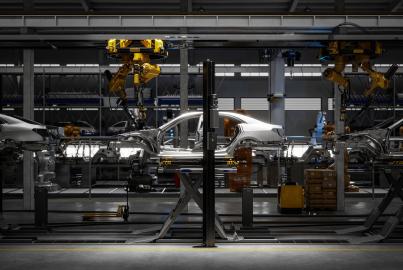Clean air, good jobs: Creating a sustainable and prosperous future for all Europeans
Other related content
Read more
Read more
Read more
Read more
Read more
Read more
How Quantum Computing Can Power Europe
26.03.20256 / 54






